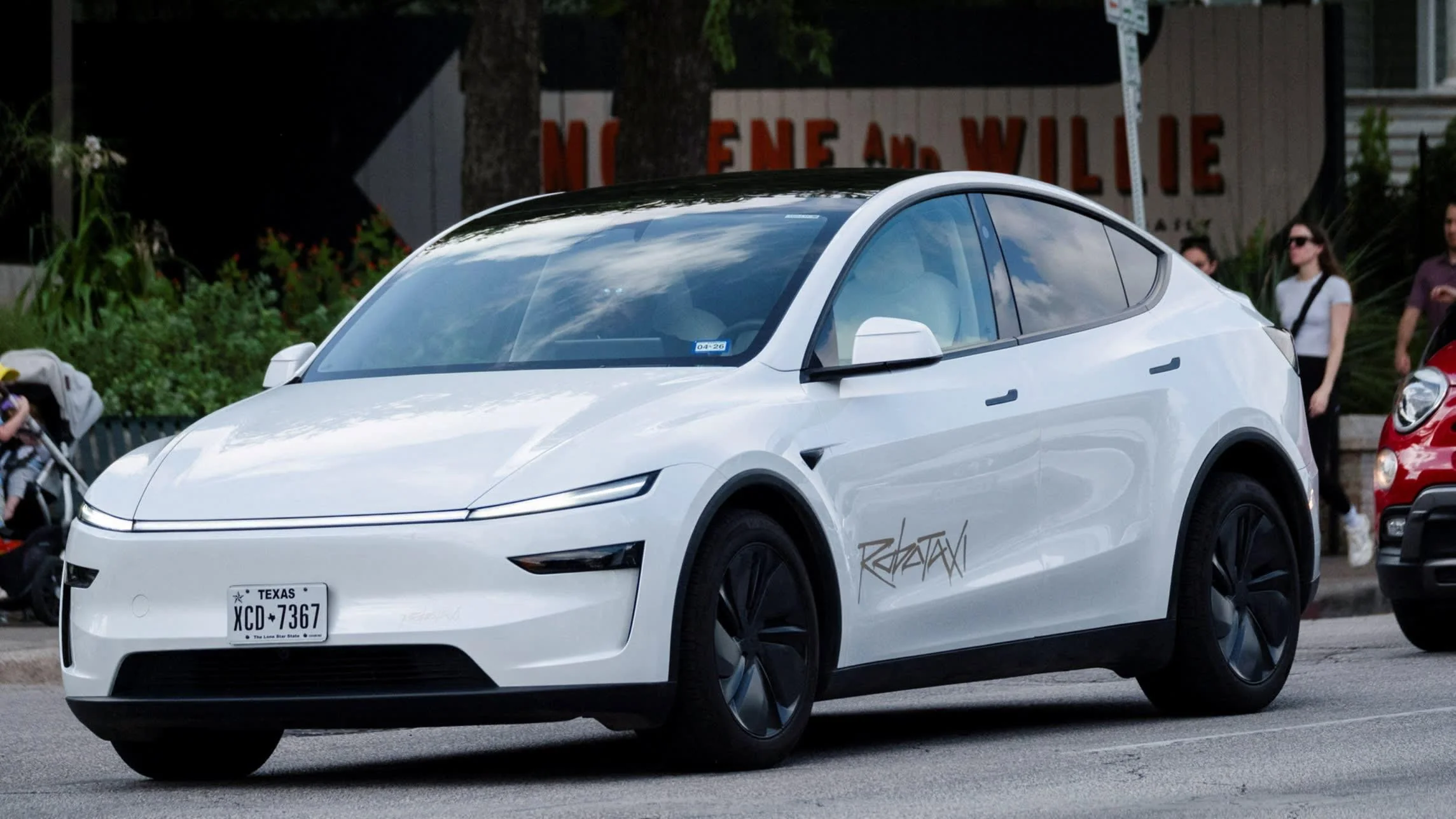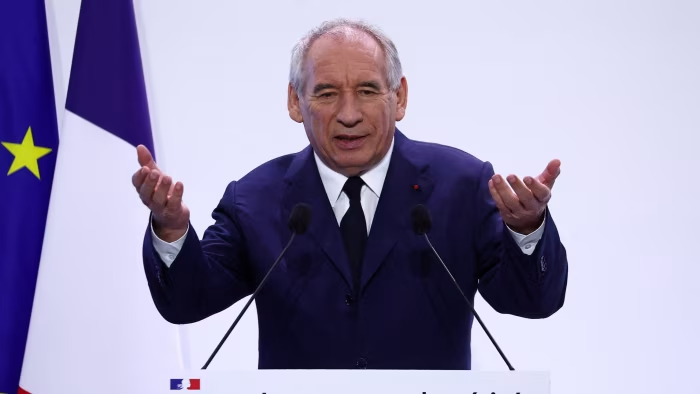Tesla Parts Ways with Musk’s “Fixer” Amid Sales Slump and Strategic Pivot

Headline: Tesla parts with a key Musk confidant as deliveries decline and priorities shift.
Subheadline: Omead Afshar, a top executive and fixer to Elon Musk, exits Tesla during a tumultuous period marked by falling EV deliveries, rising competition, and a high-stakes pivot to AI and robotics.
1. A Trusted Lieutenant Departs
Omead Afshar, who joined Tesla in 2017 and rose to lead sales and manufacturing across North America and Europe, has left the company. Known as Musk’s “firefighter,” “executioner,” and “Elon whisperer,” Afshar was seen as the go-to problem solver across Musk’s ventures .
2. Sales Decline Fuels Leadership Shakeup
Tesla has suffered a 13 % drop in Q1 global EV deliveries and a sharp 71 % plunge in net income. In Europe, deliveries have fallen for five months straight—off nearly 28 % in May alone .
3. Broader Executive Exodus
Afshar isn’t the only senior exit. North American HR chief Jenna Ferrua has also departed, amid a wave of high-level turnover—from Optimus head Milan Kovac to battery and public policy executives .
4. Strategic Shifts and Tough Choices
Tesla is redirecting focus toward autonomous driving, AI, robotics, and its newly launched robotaxi pilot in Austin. Yet rapid moves into these high-tech realms come at a cost: mounting regulatory scrutiny, safety worries over camera-only self‑driving, and legacy EV models losing competitive edge .
5. What Afshar’s Departure Signals
- Crisis mode: After serving as the chief troubleshooter, Afshar’s exit signals high-level alarm and a readiness to shake the leadership team.
- Pivot execution: The shift to robotics and AI suggests that fresh leadership—more aligned with futuristic goals—may be needed.
- Brand and governance risks: Ongoing association with Musk’s political controversies add pressure on Tesla’s brand, even as Musk vows to spend “far more” time back at Tesla .
📊 Editor’s Take: Shakeup at a Crossroads
| Theme | Insight |
|---|---|
| Leadership flux | Afshar’s exit amounts to a vote of no confidence in current performance—leadership capable of delivering both EVs and next-gen tech is now in demand. |
| Market pressure | Sales declines mean Tesla can’t rely on brand strength alone—operational efficiency and innovation must follow. |
| Tech gamble | The robotaxi and AI pivot could redefine Tesla—or expose it to deeper regulatory and technical pitfalls. |
| Reputation management | High-profile exits and Musk’s political ties exacerbate concerns, prompting a renewed focus on internal alignment and external messaging. |
✅ Final Thoughts
Tesla’s decision to let go of Omead Afshar—Musk’s trusted enforcer—reflects both desperation and urgency. Slumping sales and internal churn underscore how precarious Tesla’s position has become. With its sights now set on AI, autonomy, and robotics, Tesla is doubling down on future bets even as it restructures its present. The critical question ahead: can fresh leadership and a pivot to tech offset the current downturn and restore investor and consumer confidence?




